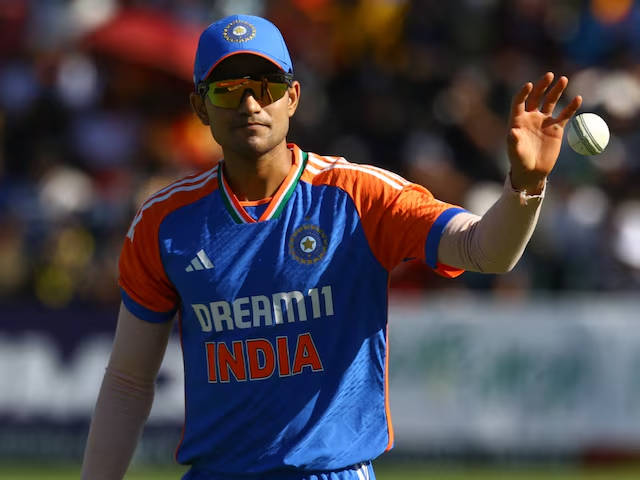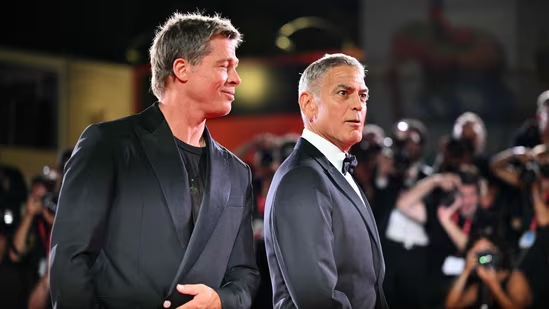Shubman Gill’s elevation to the role of vice-captain for both One Day Internationals and Twenty20 Internationals heralds a transformative shift orchestrated by the Indian cricket board.

After an era of suspense, delays, and conjecture, the Board of Control for Cricket in India (BCCI) has finally unveiled the T20I and ODI rosters for the forthcoming tour of Sri Lanka. A cursory examination reveals the extensive negotiations that unfolded between the BCCI, selectors, and the newly appointed coach, Gautam Gambhir.
Suryakumar Yadav’s ascension to the T20I captaincy, the omission of Hardik Pandya from the leadership cadre, the apparent conclusion of Yuzvendra Chahal’s tenure, the absence of Ravindra Jadeja from the ODI setup, the inclusion of Riyan Parag in both squads, and the surprising addition of Harshit Rana have emerged as key points of discussion. Yet, it is a single name, adorned with ‘VC’ in parentheses, that most clearly signifies the evolving trajectory of the Indian cricket team.
Emerging from steering India to a resounding 4-1 T20I triumph over Zimbabwe, Shubman Gill has eclipsed luminaries such as Rishabh Pant, Hardik Pandya (within T20Is), and KL Rahul (in ODIs) to ascend to the role of vice-captain in both formats. This elevation of Gill to the position of vice-captain signifies a substantial endorsement of the young prodigy, who is still acclimating to the nuances of leadership.
In the wake of Virat Kohli, Rohit Sharma, and Ravindra Jadeja’s departures from the T20I arena, Shubman Gill stands as one of the few indispensable players across formats. His recent forays into leadership, coupled with his serene demeanor and unwavering ‘team-first’ philosophy, have rendered it nearly impossible for the Ajit Agarkar-led senior men’s selection panel to overlook him.
Not so long ago, he missed the cut for India’s T20I World Cup squad, only to be enlisted as a reserve before being released entirely after the group stage. An insider reveals that Gill never once succumbed to despondency. Instead, he maintained focus on aspects within his control. He lingered in the USA to honor his commercial engagements and spent time with his close associates before re-engaging in his cricketing duties in Zimbabwe.
“Gill is quite young yet exhibits a remarkable composure and maturity. He was cognizant that the T20 World Cup selection might be a toss-up, but never did he display any sign of dejection or despondency. His priority has always been the team, and even while he was in the US as a reserve, he continued to bolster his teammates. He epitomizes the essence of a genuine team player,” shares a close confidant.
Whether prompted by the outgoing captain’s recommendation, the incoming coach’s impetus, or the collective endorsement of the key figures within the BCCI and the selection committee, the promotion of Gill appears to be a sagacious decision as India embarks on its quest for the successor to Rohit Sharma. BCCI secretary Jay Shah has confirmed Rohit’s appointment as captain for the 2025 Champions Trophy and World Test Championship cycles, yet the move to elevate Gill suggests a strategic foresight towards the post-Mumbaikar era.
In the realm of cricket, Gill, at merely 24 years old, continues his meteoric ascent, demonstrating remarkable progress over recent seasons across various formats. His 2023 ODI performance was nothing short of extraordinary—amassing 1584 runs at an impressive average of 63.36. Whether it’s the intricate task of batting at No. 3 in Test matches or experiencing his inaugural stint as captain in the IPL, the journey has been fraught with trials. Nevertheless, this burgeoning talent has consistently emerged victorious.
The advent of a new coach and a revamped leadership cadre has ushered in a transformative breeze within the Indian dressing room. Observing how these new appointments unfold in the coming days promises to be an intriguing spectacle.




